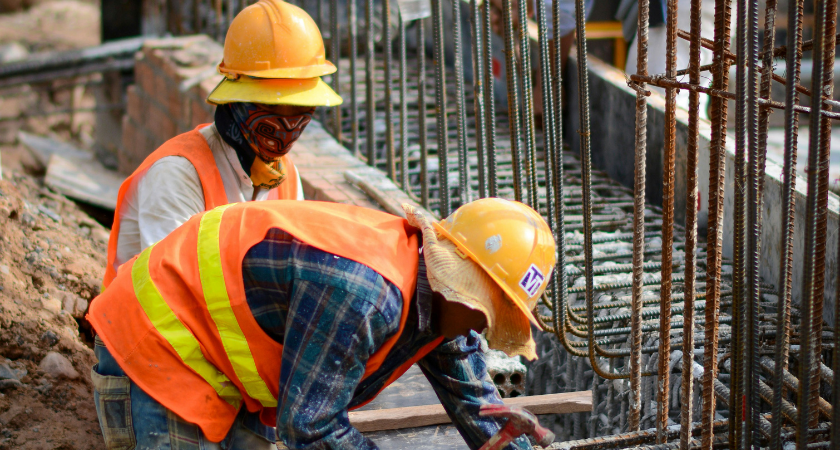
Carpenters and labor advocates are calling for stronger enforcement against wage theft in Portland’s construction sector, warning that current systems make it easy for bad actors to underpay workers with little consequence.
During a hearing before the Labor and Workforce Development Committee, union representatives outlined widespread abuses ranging from misclassification to falsified payroll records and cash-based labor schemes.

Trampus Simmons, speaking on behalf of the Western States Regional Council of Carpenters, said some contractors are exploiting loopholes on publicly funded jobs by underreporting wages or hiding workers altogether.
"If you're gonna cheat workers and make money, Oregon is the place to come, currently," Simmons said.
He described cases where workers on prevailing-wage projects were intentionally misclassified at lower rates or left off certified payroll reports entirely to evade requirements.
Jesus Auceda, an organizer for the Western States Carpenters Union, pointed to multiple Portland-area projects where wage claims remain unresolved.
"These projects were built with public and private dollars and they show exactly why stronger enforcement is needed," Auceda said.
He cited the Julia West project, Buckley luxury condos, and a residential development where a single worker is still owed more than $40,000.
Witnesses outlined several recurring practices used to exploit workers:
Advocates warned that these tactics are becoming normalized, especially on projects with multiple layers of contractors, making accountability difficult.
Simmons noted that Oregon already requires contractors to carry a Construction Contractors Board (CCB) bond, meant to cover claims of unpaid wages. However, he said the current bond level is far too small to deter abuse.

"We have such a bond through the state... however the one through the state is $3,000 total per project," Simmons said, adding that large-scale wage theft claims often exceed that amount many times over.
While no ordinance was adopted at the meeting, council members expressed interest in developing a local transparency and enforcement strategy.
Potential next steps discussed included:
Committee members requested further research and legal review to ensure new rules would not conflict with state law, and asked advocates to provide additional certified-payroll records and case documentation.
The testimony underscored growing concern that labor exploitation is embedded in certain sectors of Portland’s booming construction market, especially on projects using complex subcontracting structures. While policymakers have yet to act, union leaders say they will continue pressing for transparency, stronger financial penalties, and real accountability.
If reforms move forward, Portland could become one of the first Oregon cities to establish local wage theft enforcement tools tied directly to public contracts.
Originally reported by Citizen Portal.